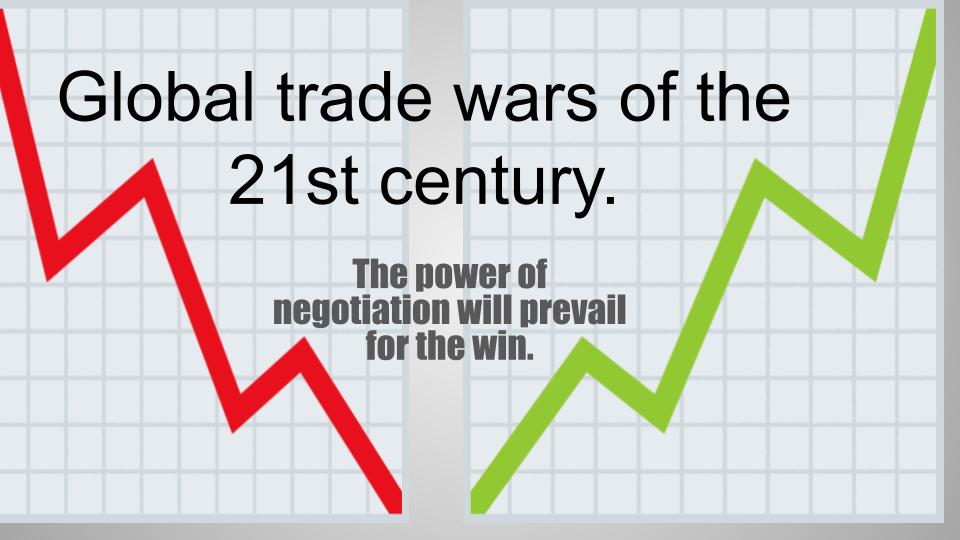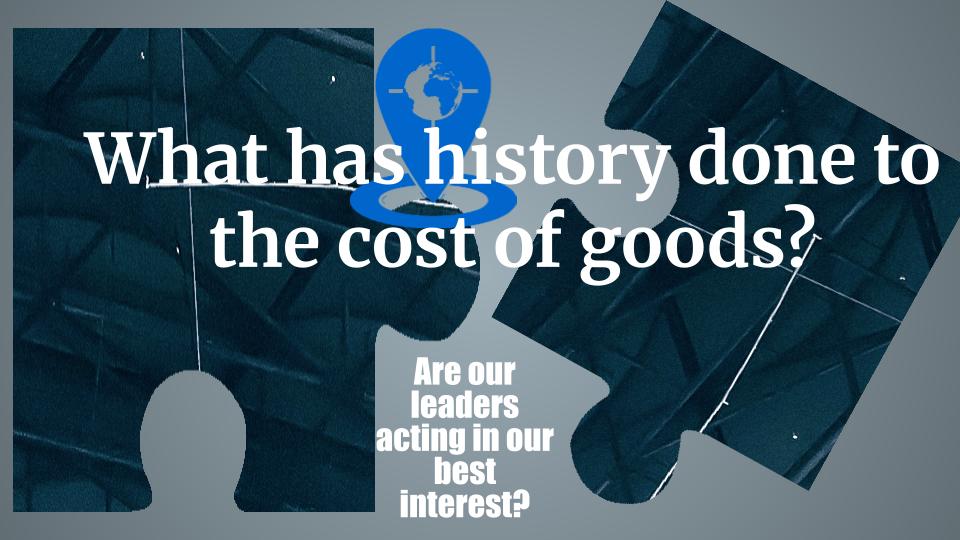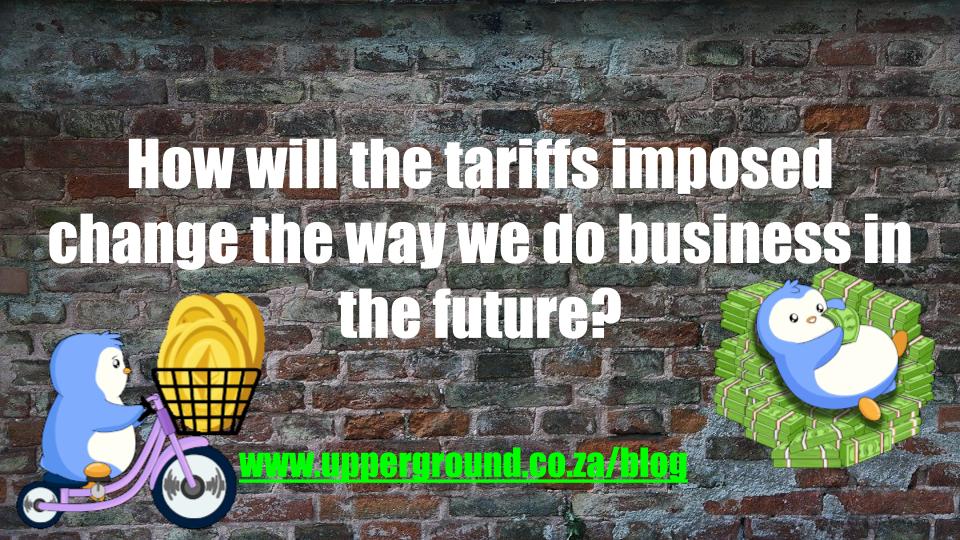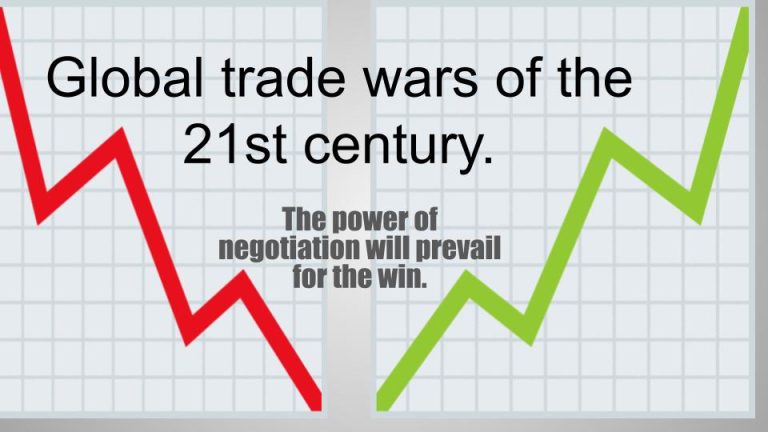The tariffs imposed by Trump’s administration will level the playing field for global trading. Local manufacturing will thrive in most countries.
In the past, some countries used tariffs to punish countries with fewer resources by charging a premium price.
Countries that mass-produce products often use high tariffs like they were exclusive patents. No one can compete without paying a high cost because consumers will look for the cheapest alternative around them. But if there’s no local equivalent of a great product, consumers will embrace the higher price.
The war on tariffs is about unequal treatment imposed by powerful countries on other countries. If China charges less to export its goods to the United States of America (USA) compared to what it charges the USA to export the same goods to China.

It becomes unfair if one country benefits at the expense of the other. Some of these tariffs were placed by politicians or kingdoms that made deals with each other without considering the high cost of living and unequal distribution of wealth between trading partners.
“For we wrestle not against flesh and blood, but against principalities, against powers, and against the worldly governors, the princes of the darkness of this world, against spiritual wickedness, which are in the high places.” Ephesians 6:12 1599 Geneva Bible
Most of us do not question the impact that our government has had over time on the cost of goods. However, in the past ten years, we have become increasingly aware of how trade policies affect the cost of goods as global information about prices becomes widely accessible.
We are beginning to question:
Why are cars so much more expensive in African countries, compared to developed countries?
Is our government making things more affordable for us or more expensive?
As entrepreneurs, are the leaders of our countries helping us succeed in a competitive marketplace?

The reason why some products have different prices across the world.
For instance, South African consumers often express concerns about the price of an iPhone compared to other developed countries. However, most continue to purchase it, despite its high cost, since there are no local alternatives that can rival Apple’s ecosystem and range of premium phones.
Import duties might be higher for premium phones in South Africa, but consumers will still prefer to purchase a phone that won’t freeze on them in the middle of an important meeting or demanding workflow.
How will the tariffs imposed change the way we do business in the future?
New opportunities will emerge that will benefit nations, and not just a few individuals who gain money by making deals behind closed doors at the expense of lost opportunities for their own nations.
Some deals that have been signed to power have resulted in unfair competitive spaces that have made local entrepreneurs unable to compete with the cheap goods that are brought into their country.
There are often no systems in place to protect local businesses. And this results in the dominance of certain countries.
Corruption plays a big part in unfair tariff costs. Leaders can charge other countries higher tariffs to protect the interests of their favorite trading partners, due to reciprocal deals they make with each other.
A manufacturing powerhouse like China can charge high import duties to protect its local manufacturing businesses. This makes it more expensive for the local population to consider brands from outside their countries.
However, these are some of the policies other countries are oblivious to, until Trump’s administration stepped in to wake the world up to the game that has been played for centuries.





Pingback: 4 Ways that tariffs will help various countries succeed - Upper Ground